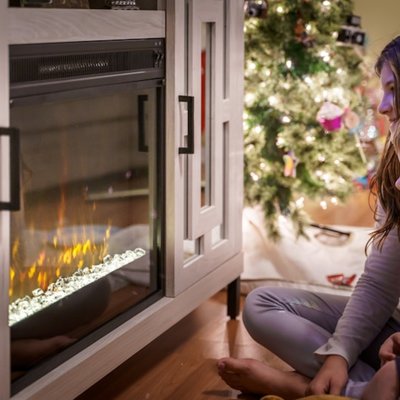draw(
dra
)A transitive verb is a verb that requires a direct object (e.g., I bought a book.).
2. (to trace)
a. trazar
You need to draw a line connecting the two points.Hay que trazar una línea que una los dos puntos.
3. (to extract)
b. desenfundar (a firearm from a holster)
You have to draw your gun and fire more quickly.Tienes que desenfundar la pistola y disparar más rápido.
c. desenvainar (a knife or sword from a sheath)
I didn't even have time to draw my sword.Ni siquiera tuve tiempo de desenvainar mi espada.
4. (to pull)
a. jalar de (Latin America)
Regionalism used in Latin America: all the countries in South America, Central America, and the Caribbean. Does not include Spain.
The horse was drawing a cart full of vegetables.El caballo jalaba de un carro lleno de verduras.
5. (to move)
a. no direct translation
This refers to an idiomatic word or phrase for which there is no word-for-word translation.
I drew my chair closer to the fire.Acerqué mi silla a la chimenea.
She drew her hand back sharply.Retiró bruscamente la mano.
6. (to cause)
a. provocar (a response or reaction)
The bad reviews drew an angry reaction from the author.Las malas críticas provocaron el enojo del autor.
b. atraer (attention or interest)
I don't want to draw any attention to myself.No quiero atraer la atención de nadie.
c. arrancar (applause or laughter)
The violinist's performance drew thunderous applause from the audience.La actuación del violinista arrancó una fuerte ovación del público.
7. (to attract)
a. atraer
I felt drawn toward him.Me sentía atraída por él.
The mime drew a crowd around him.El mimo atrajo una multitud a su alrededor.
8. (to derive)
a. establecer (a comparison or distinction)
She drew a comparison between her situation and mine.Estableció una comparación entre su situación y la mía.
b. sacar (a conclusion)
I drew the conclusion that I didn't like my job.Saqué la conclusión de que no me gustaba mi trabajo.
10. (to cash)
a. cobrar (a check or salary)
My grandparents draw their pension at the end of each month.Mis abuelos cobran su pensión a finales de cada mes.
b. sacar (money from an account)
I need to draw some money from my account.Necesito sacar dinero de mi cuenta.
a. empatar
The local team only needed to draw the match to qualify.El equipo local solo necesitaba empatar el partido para clasificarse.
An intransitive verb is one that does not require a direct object (e.g., The man sneezed.).
13. (to illustrate)
a. dibujar
Drawing surrounded by nature is her way of relaxing.Dibujar en mitad de la naturaleza es su forma de relajarse.
b. hacer tablas (chess)
The game went to 110 moves before they drew.La partida llegó a los 110 movimientos antes de que hicieran tablas.
A noun is a word referring to a person, animal, place, thing, feeling, or idea (e.g., man, dog, house).
15. (lottery)
16. (attraction)
a. la atracción (F)
(f) means that a noun is feminine. Spanish nouns have a gender, which is either feminine (like la mujer or la luna) or masculine (like el hombre or el sol).
The new theme park will be a big draw for tourists.El nuevo parque temático será una gran atracción para los turistas.
17. (tied situation)
a. el empate (M)
(m) means that a noun is masculine. Spanish nouns have a gender, which is either feminine (like la mujer or la luna) or masculine (like el hombre or el sol).
The final scores of the Russian and the Ukrainian teams showed a draw.Las puntuaciones finales de los equipos ruso y ucraniano mostraban un empate.
b. las tablas (F) (chess)
(f) means that a noun is feminine. Spanish nouns have a gender, which is either feminine (like la mujer or la luna) or masculine (like el hombre or el sol).
The game ended in a draw.La partida acabó en tablas.
Examples
Machine Translators
Translate I have drawn using machine translators
Conjugations
Other Dictionaries
Explore the meaning of draw in our family of products.
Random Word
Roll the dice and learn a new word now!
Want to Learn Spanish?
Spanish learning for everyone. For free.























